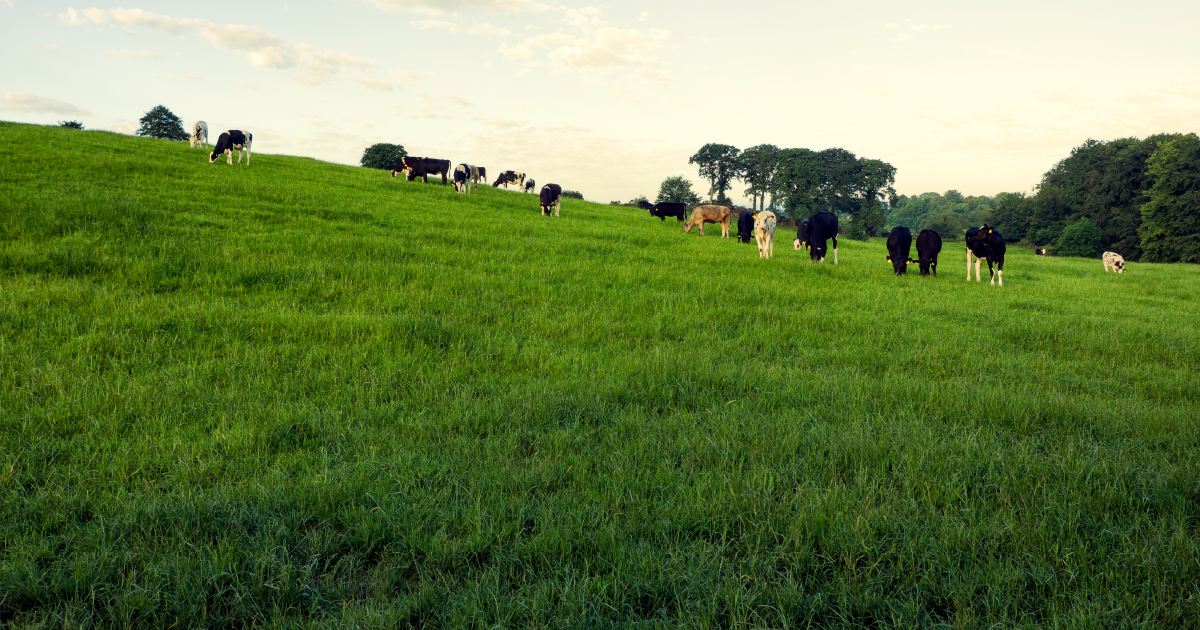Why is soil biology so important to farmers?
-

- 24 Feb 2023
- 0 Comments

Beneficial soil microbes play a critical role in the acquisition, ‘renaturing’ and transfer of soil nutrients into plants. Biofertilisers (microbial biostimulants) comprise living micro-organisms which, unlike traditional fertilisers multiply as they enter the ground, and act to increase Nutrient Use Efficiency (NUE) of plants.
In a world where input costs are rising and soil health is rightly being championed, building soil biology is a very practical way to reduce fertigation and improve soil structure and carbon capacity.
Two key microbes are used for commercially available fertilisers, Mycorrhizal Fungi (MF) and Plant Growth Promoting Rhizobacteria (PGPR).
Mycorrhizal fungi underpin much of the nutrient flow in farming soils. These remarkable fungi act as a secondary root system for plants and can develop up to 20m of fungal ’roots’ in 1cm3 of soil, increasing the active root area by over 700-fold. Mycorrhizal fungi are host specific; although many crops including cereals, legumes, grass and maize, are good partners, plants such as OSR, and sugar beet are not.
How can I increase Mycorrhizal Fungi (MF) in my soils?
Reintroducing mycorrhizal fungi into farming soils by treating catch, cover, or herbal leys is an ideal way of improving NUE. Used just once in a rotation this treatment will build the underlying
biology in your soils.
Plant Growth Promoting Rhizobacteria (PGPR) act to solubilise phosphorous and potassium in soils and make them plant available. Many of these free ‘living bacteria’ also capture nitrogen from the air adding to the nitrogen pool. These microbes also produce plant growth hormones that naturally stimulate top and root development.
PGPR consortia need to be selected for specific crop types and are spray applied annually in the spring when soil temperatures rise above 100.
SMART ROTATIONS is a range of bio fertilisers, researched and trialled extensively across different soil types and crop varieties in the UK.
SR2 Mycorrhizal granules can easily be mixed with a legume-based cover crop blend to ‘vector’ the biology into soils. Used once in a rotation, SR2 will not only support the establishment and growth of the cover crop but also build the soil’s biology.
SR3 plant growth-promoting rhizobacteria is a range of liquid suspension sprays applied in spring to significantly increase nutrient uptake by treated crops.








